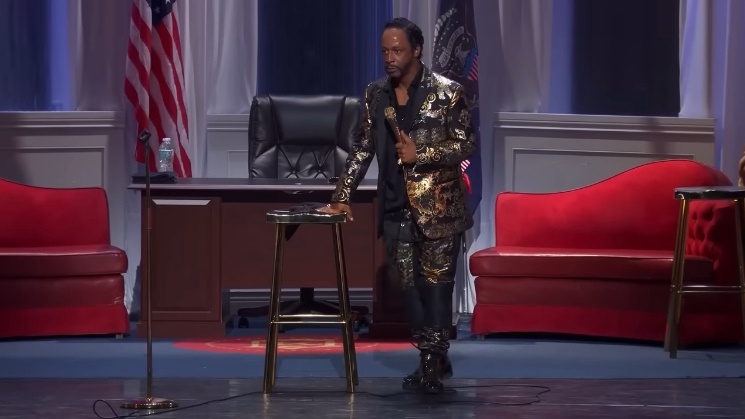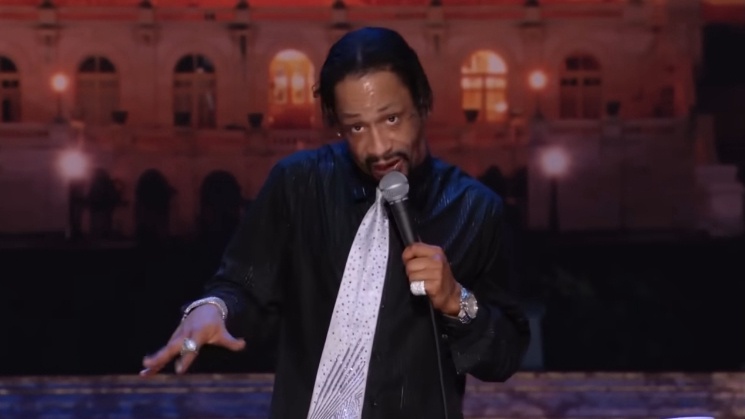In a recent interview, Vice President Kamala Harris made headlines for her candid admission about past marijuana use and her musical preferences during that time. Harris, who has been a figure of public scrutiny and debate, revealed to Charlamagne Tha God on The Breakfast Club that she had indeed smoked marijuana in her college years and, humorously, that she “inhaled.”

This revelation was accompanied by her mention of listening to Snoop Dogg and Tupac Shakur while high—a statement that has sparked considerable discussion. Critics argue that this claim is inconsistent with the timeline of these artists’ careers, as Harris graduated from Howard University before Tupac and Snoop Dogg rose to prominence.
This minor controversy is part of a broader narrative surrounding Harris, particularly her portrayal and identity within the African-American community. Harris’s ascent to the vice presidency marked a historic moment as she became the first woman, and the first Black and South Asian American, to hold the office. Despite her groundbreaking achievements, some segments of the Black community have expressed skepticism about her authenticity and motivations.

Cat Williams, the outspoken comedian known for his controversial takes, has been vocal about his doubts regarding Harris. Williams suggests that Harris’s political rise and her portrayal as a quintessential Black woman might be misleading. He points to her relatively low public profile and her political maneuvering as signs of disconnection from genuine Black experiences.
Williams’s commentary often highlights the dissonance between Harris’s public persona and the perception of her within certain communities. He argues that despite Harris’s claims of understanding and representing Black interests, her past actions and political affiliations reveal a more complex and less favorable picture. Notably, Harris’s tenure as Attorney General in California, where she was involved in prosecuting numerous drug-related cases, is frequently cited as evidence of her strained relationship with some African-American communities.

The recent announcement that Harris will inherit President Joe Biden’s $96 million campaign fund following his withdrawal from the 2024 presidential race adds another layer of complexity. This move positions Harris as a leading candidate for the Democratic nomination, but it also intensifies scrutiny of her political history and her connections with influential figures such as Willie Brown, a former San Francisco mayor who played a significant role in her early career.
Critics argue that Harris’s political success is closely tied to her relationships with powerful individuals and her ability to navigate institutional politics rather than an independent, visionary approach. This perspective raises questions about her potential effectiveness as a leader and her commitment to addressing the needs of marginalized communities.

As Harris prepares for a potential presidential run, the debate over her authenticity and political integrity continues. While some view her as a symbol of progress and diversity, others remain skeptical about her true alignment with the values and experiences she claims to represent.
In the end, Harris’s journey is emblematic of the broader challenges faced by politicians in balancing public image, personal history, and political ambition. Whether she can overcome these controversies and establish a more genuine connection with voters remains to be seen.